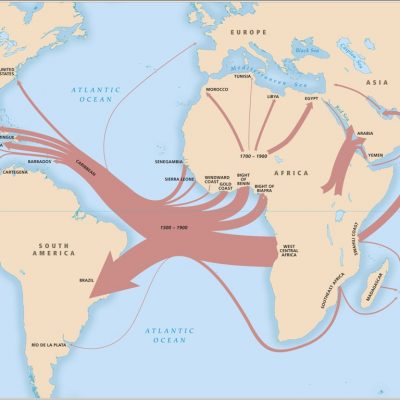Languages in Angola
First, I would like to apologize for my co-responsibility for the killing of 1000 penguins in Antarctica. I flew to Angola, and with my CO2 emissions I caused the ice to melt far too quickly. And then cute baby penguins drowned. Sorry, sorry.
I thought that you could not travel overland from Denmark to Angola. But along the way, in the Basque country, I actually met a beekeeper who had driven all the way through Africa to South Africa. In a car. But I flew, sorry. Flying is also considerably faster, I’m sure, than driving a car.
I was invited to a language conference in Angola. At first I was hesitant on whether I should go there, it was far … ↪





